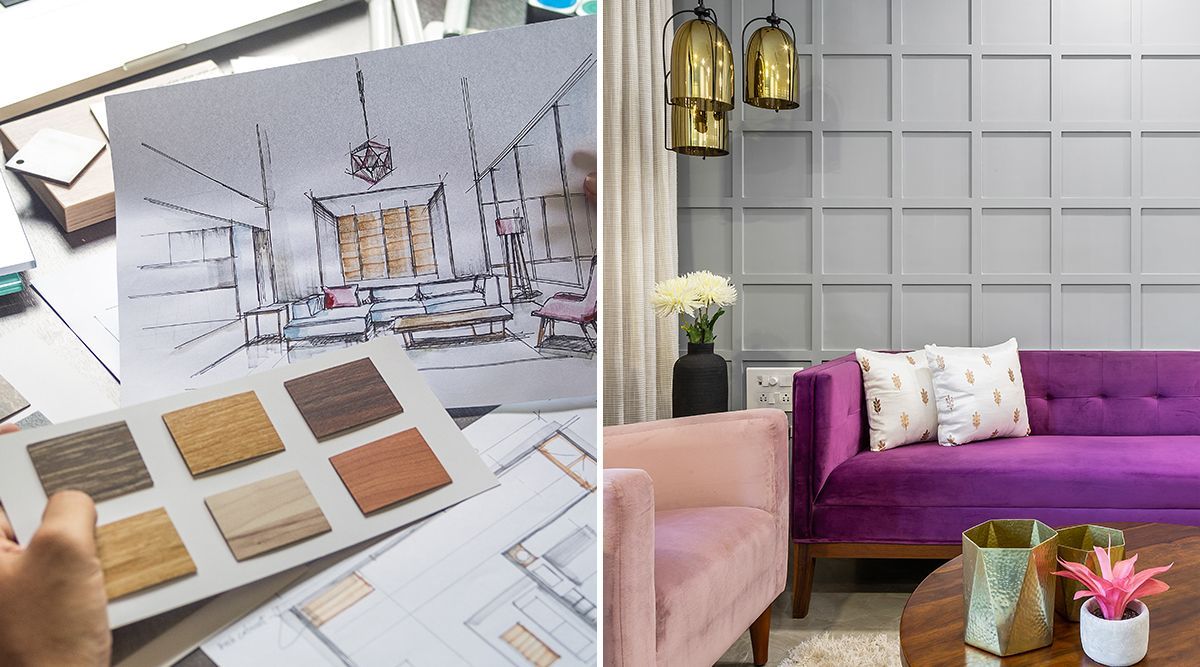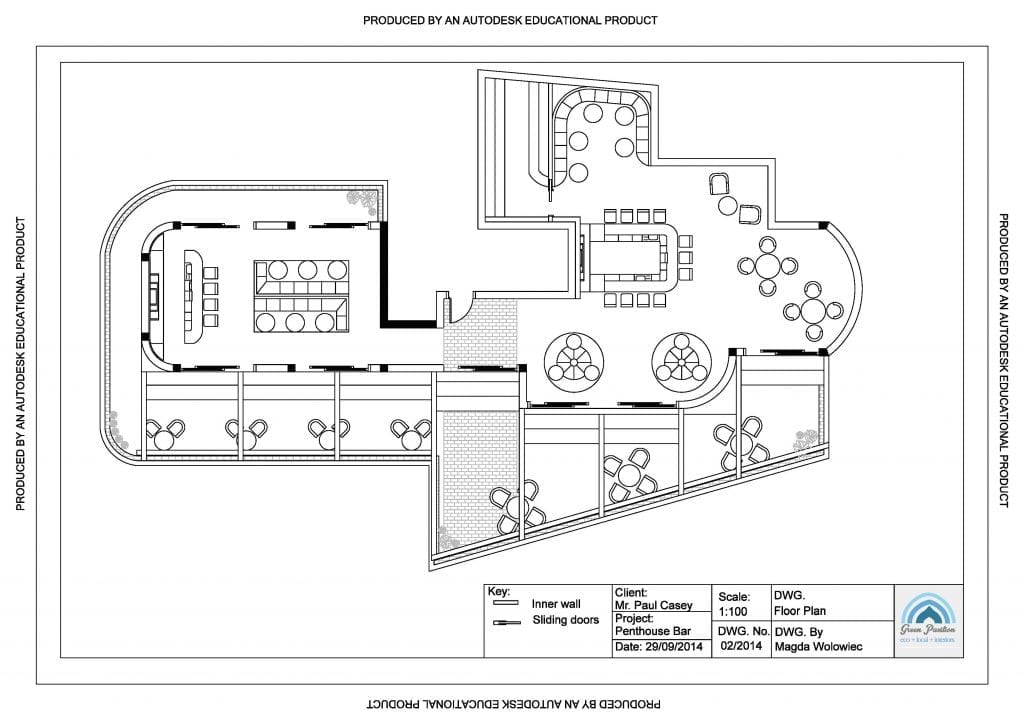The Art of Balance: How Interior Design and Home Architect Collaborate for Stunning Results
In the realm of home design, striking an equilibrium between visual appeals and functionality is no little feat. This fragile balance is achieved via the harmonious collaboration between indoor developers and architects, each bringing their one-of-a-kind experience to the table. Remain with us as we discover the ins and outs of this collaborative procedure and its transformative impact on home style.
Understanding the Core Distinctions In Between Interior Layout and Home Architecture
While both indoor layout and home style play essential roles in creating aesthetically pleasing and functional spaces, they are inherently various techniques. It deals with the 'bones' of the framework, functioning with spatial measurements, load-bearing wall surfaces, and roof covering layouts. On the various other hand, indoor style is much more concerned with enhancing the sensory and aesthetic experience within that framework.
The Harmony In Between Home Design and Interior Decoration
The harmony between home architecture and Interior Design exists in a common vision of style and the enhancement of functional aesthetic appeals. When these two fields align sympathetically, they can change a home from common to remarkable. This collaboration requires a much deeper understanding of each self-control's principles and the capacity to produce a cohesive, cosmetically pleasing setting.
Unifying Style Vision
Unifying the vision for home style and Interior Design can create an unified home that is both useful and visually pleasing. The balance starts with an integrated mindset; engineers and interior developers work together, each bringing their proficiency. This unison of concepts forms the layout vision, a blueprint that overviews the project. This common vision is important for uniformity throughout the home, guaranteeing a liquid transition from outside architecture to interior rooms. It promotes a collaborating approach where architectural components complement Interior Design parts and the other way around. The result is a cohesive space that reflects the house owner's preference, lifestyle, and character. Hence, unifying the layout vision is essential in blending design and Interior Design for stunning results.
Enhancing Useful Visual Appeals
How does the synergy between home architecture and Interior Design boost useful appearances? This harmony makes it possible for the production of rooms that are not just visually appealing but also easily useful. Engineers lay the foundation with their structural design, ensuring that the room is effective and practical. The indoor developer then complements this with meticulously picked aspects that enhance the aesthetics without endangering the performance. This harmonious cooperation can lead to homes that are both liveable and attractive. An architect could develop a residence with high ceilings and big home windows. The interior developer can then emphasize these features with high plants and sheer curtains, respectively, therefore enhancing the aesthetic allure while maintaining the sensible benefits of natural light and space.
Relevance of Cooperation in Creating Balanced Spaces
The cooperation in between indoor designers and architects is pivotal in creating well balanced areas. It brings harmony between layout and design, providing birth to spaces that are not just cosmetically pleasing however also functional. Discovering successful collaborative approaches can give insights right into just how this synergy can be efficiently attained.
Balancing Design and Style
Equilibrium, an essential aspect of both interior design and architecture, can only truly be achieved when these two areas job in consistency. This joint procedure results in a natural, balanced style where every element contributes and has a purpose to the total visual. Balancing style and design is not just about developing attractive rooms, however regarding crafting spaces that work flawlessly for their occupants.
Successful Collaborative Strategies

Instance Studies: Successful Combination of Layout and Architecture
Taking a look at numerous case research studies, it comes to be apparent how the successful combination of Interior Design and style can change a space. The Glass House in Connecticut, renowned for its minimalistic beauty, is one such instance. Engineer Philip Johnson and indoor developer Mies van der Rohe teamed up to develop an unified equilibrium in between the inside and the framework, resulting in a seamless flow from our website the outside landscape to the internal living quarters. An additional prototype is the Fallingwater Residence in Pennsylvania. Designer Frank Lloyd Wright and interior designer Edgar Kaufmann Jr.'s collective efforts result in a strikingly distinct home that blends with its natural surroundings. These study underscore the extensive effect of a successful design and architecture collaboration.

Getting Rid Of Obstacles in Style and Design Collaboration
Despite the indisputable benefits of an effective cooperation in between indoor layout and architecture, it is not without its challenges. Designers may prioritize structural stability and security, while developers concentrate on convenience and design. Efficient interaction, shared understanding, and concession are vital to get over these obstacles and attain a effective and unified partnership.

Future Trends: The Developing Connection Between Home Architects and Inside Designers
As the globe of home style proceeds to advance, so does the partnership in between engineers and indoor developers. The fad leans in the direction of a more collaborative and integrated approach, damaging anonymous free from traditional roles. Architects are no much longer only concentrated on architectural honesty, but additionally take part in boosting visual charm - Winchester architect. On the other hand, interior developers are welcoming technological elements, influencing total format and performance. This developing symbiosis is driven by advancements in modern technology and the expanding demand for spaces that are not just aesthetically pleasing but additionally sensible and sustainable. The future promises an extra natural, innovative, and flexible method to home layout, as designers and engineers remain to obscure the lines, promoting a relationship that absolutely symbolizes the art of equilibrium.
Conclusion
The art of balance in home design is achieved through the harmonious collaboration between interior developers and engineers. Regardless of obstacles, this collaboration cultivates development and advancement in style.
While both indoor style and home architecture play vital functions in creating aesthetically pleasing and functional rooms, they are naturally different self-controls.The synergy in between home style and indoor design lies in a common vision of style and the enhancement of functional visual appeals.Unifying the vision for home style and indoor style can create an unified living area that is both functional and cosmetically pleasing. Hence, unifying the layout vision is vital in blending architecture and indoor design for stunning outcomes.
How does the harmony in between home architecture and indoor design boost practical visual appeals? (Winchester architect)
Comments on “Explore the Expertise of Leading Hampshire Architects for Unique Residential Projects”